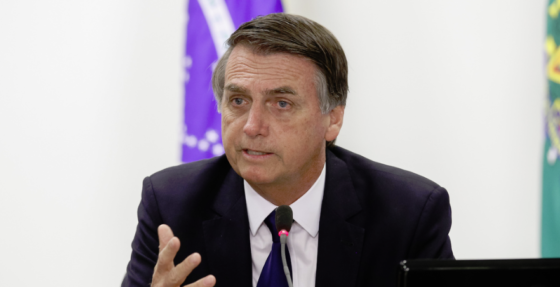
Will Brazilians Back Bolsonaro’s Plans to Privatize?
Will Bolsonaro’s privatization plan achieve the results he anticipates?
Will Bolsonaro’s privatization plan achieve the results he anticipates?
We are pleased to announce that Dr. Jorge León has joined the Dialogue’s weekly Energy Advisor publication’s board of advisors.
Brazil should build on its impressive efforts in renewable energy, clean transport, and deforestation reduction. But as President Jair Bolsonaro assumes power, one of the world’s largest economies is on the verge of relinquishing its role as an environmental leader and retreating from the fight against climate change.
Japan is upgrading its relations with Latin America with a focus on innovation, sustainable infrastructure and value chain development.
What does 2019 hold in store for Latin American economies? Which countries will perform well economically, and which will struggle, and why?
Few neighbors have such deep and wide-ranging ties as the United States and Mexico. Both countries are bound not only by geography, but also through economic, security and social connections. Despite these strong connections—or perhaps because of them—the bilateral relationship is subject to strong pressures coming from domestic politics in both countries.
Electric mobility would bring a host of benefits to Latin America. Countries like Chile are taking the lead in adopting electric buses and promoting private use of electric vehicles. Yet hefty price tags and a lack of charging infrastructure are among the barriers that must be surmounted for widespread uptake in the region.
On Dec. 14, Dialogue Board member Brian O’Neill was appointed as executive vice president and COO of the Inter-American Development Bank. He will assume his new position on January 1, 2019.
According to Stephen Walt, professor of international affairs at Harvard University’s John F. Kennedy School of Government, the past three decades of US foreign policy have led to unnecessary wars, tragic death and failed diplomacy. Walt shares his insights with Jane Wales, World Affairs CEO, about how to reorient US foreign policy and…
On December 7, 2018, the Inter-American Dialogue’s Working Group on Latin America met for its 31st session. Dating back to 2001, the group is one of the longest-running and most successful initiatives at the Dialogue.
New leaders in Mexico and Brazil may mean big changes to their respective energy sectors. Lisa Viscidi tells Richard Miles of CSIS that a Mexican delay on offshore bidding could have a major impact, but that Brazil is likely to maintain the status quo. Venezuela could take years to recover production once it emerges from its current crisis, given the massive investment required to reverse declining oil output.
On December 13, the Inter-American Dialogue hosted an event for corporate program members called “The Outlook for Latin America and the Caribbean Next Year.”
November’s midterm elections altered the balance of power in Washington, and the new Democratic majority in the House of Representatives, which will mean new chairs on key committees, will play an important role in shaping US energy diplomacy and energy markets in the Western Hemisphere. At an event co-hosted by the Inter-American Dialogue and the Institute of the Americas, panelists discussed how the new Congress will approach key issues affecting energy within the context of Latin America’s evolving role in US trade and foreign policy.
On November 14, the Inter-American Dialogue partnered with the Inter-American Development Bank to host an event titled Institutions for Development: What Lies Ahead in the Caribbean?
On November 14th, the Inter-American Dialogue convened a panel of experts to discuss current trends and prospects of Chinese infrastructure development in Latin America and the Caribbean. The event was moderated by Margaret Myers, director of the Inter-American Dialogue’s Asia & Latin America Program.
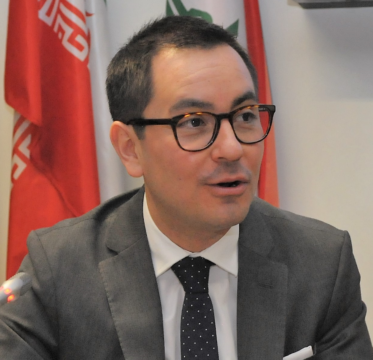
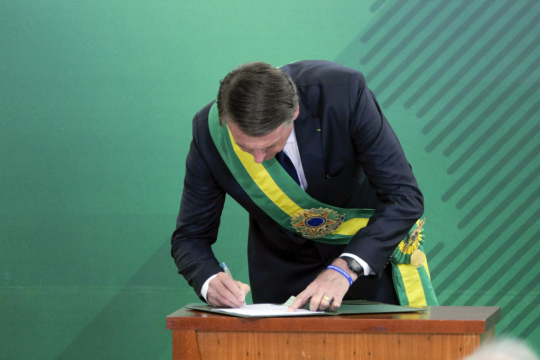
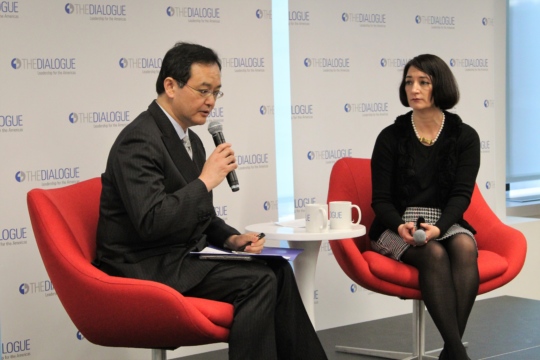 Video
Video
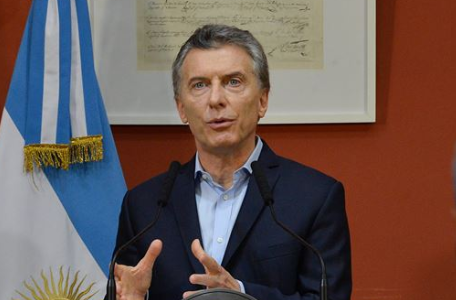
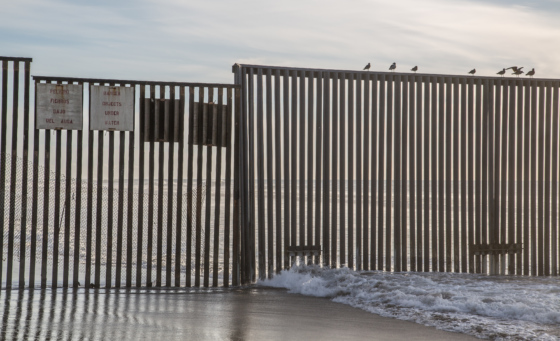
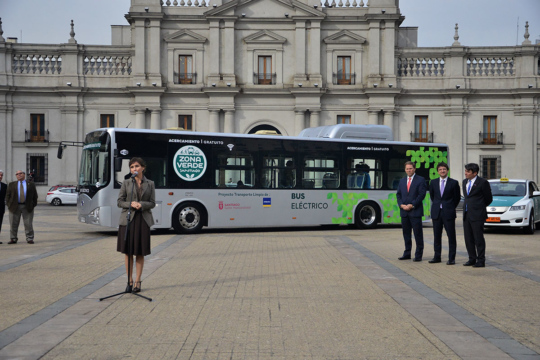

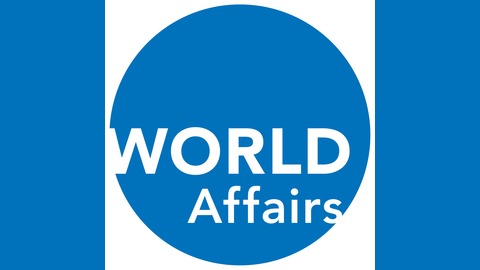
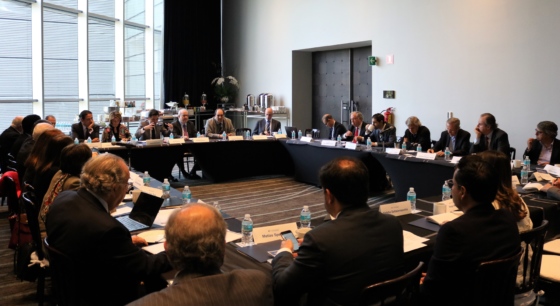
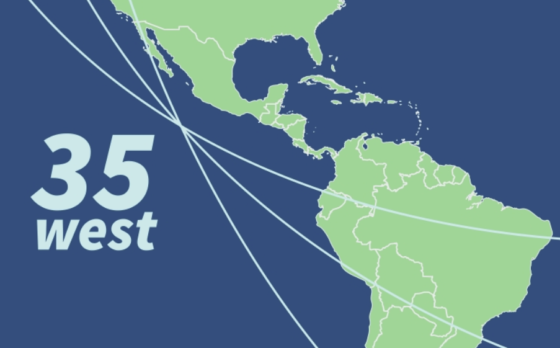 Video
Video
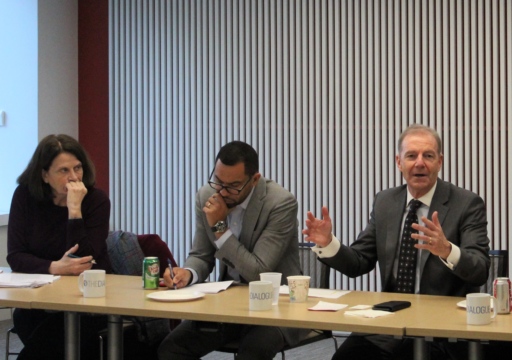
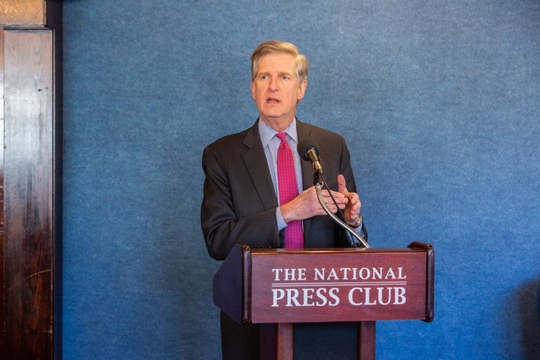
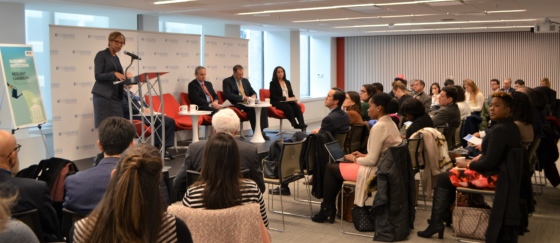 Video
Video
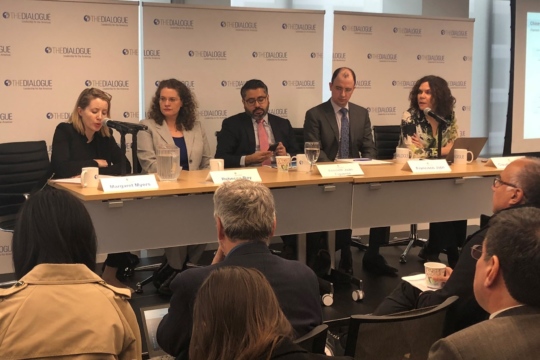 Video
Video